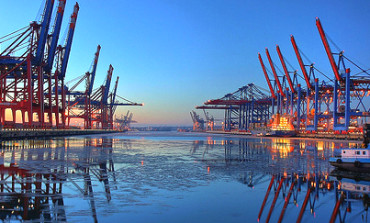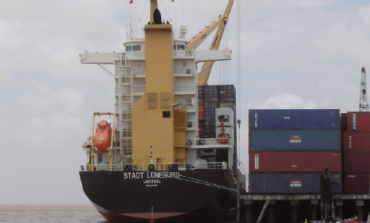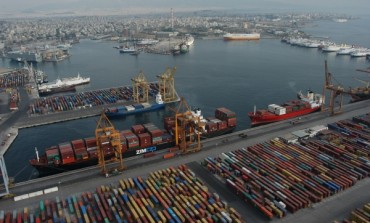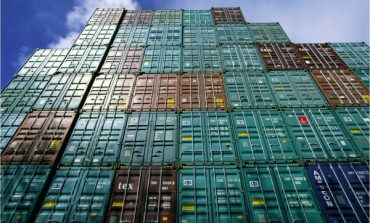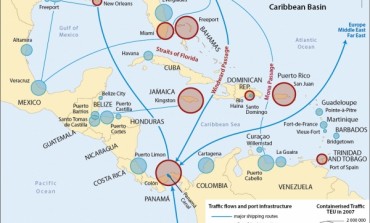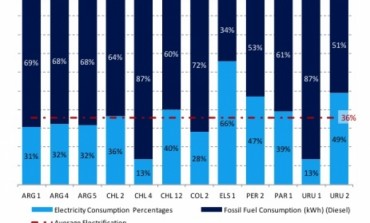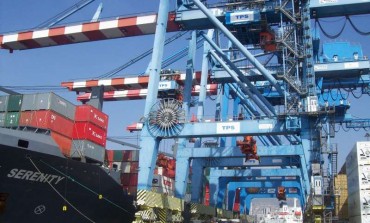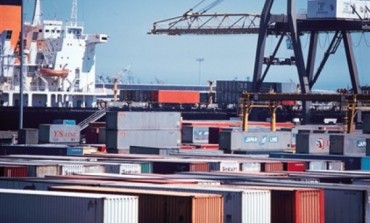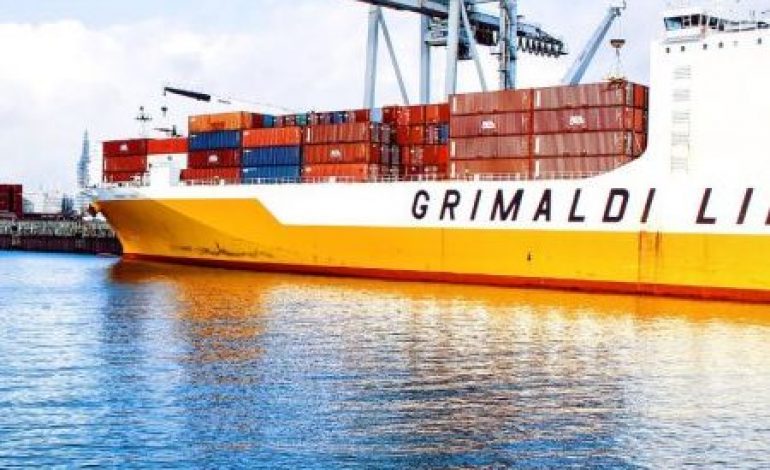 Category
Category

Gordon Wilmsmeier
Gordon Wilmsmeier holds the Kühne Professorial Chair in Logistics at the Universidad de los Andes in Bogota, Colombia. From 2011 to 2017, he worked as Economic Affairs Officer in the Infrastructure Services Unit at the Economic Commission for Latin America and the Caribbean. Previously he worked at Edinburgh Napier University’s Transport Research Institute (TRI), and as consultant for UN-ECLAC, UNCTAD, UN-OHRLLS, World Bank, JICA, IDB, CAF, and the OAS. Gordon is honorary professor for Maritime Geography at the University of Applied Sciences in Bremen, Germany, visiting lecturer at Göteborg University, Sweden and Universidad Nacional de San Martín, Argentina. He has published over 100 book chapters, journal papers, institutional publications and working papers. His research focuses on transport and economic geography, maritime economics and energy efficiency with particular interests in international trade and transport geography and transport costs, sustainable mobility strategies, maritime transport networks and connectivity , inland waterways and inland shipping policy. In the area of port economics his research concentrates on devolution and privatization, and organizational performance and efficiency, as well as sustainable performance analysis. Currently, a specific focus is related to measuring energy, emissions and water footprints in ports. He is chair of the global Port Performance Research Network (PPRN), IAME member, the Sustainability Working Group of the European Freight & Logistics Leaders Forum, and associate member of PortEconomics.
Author's Posts
 Category
Category



